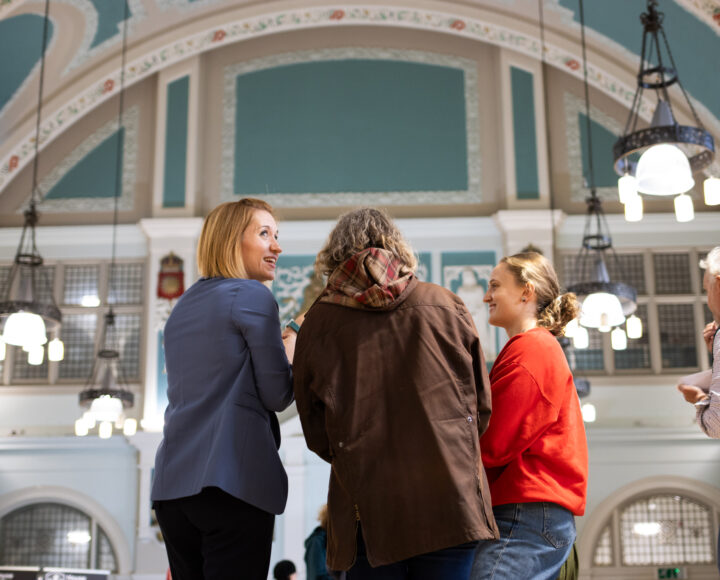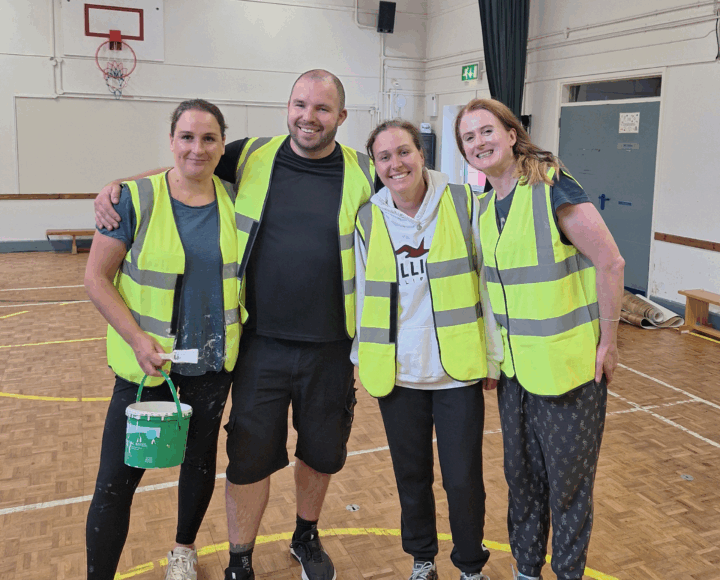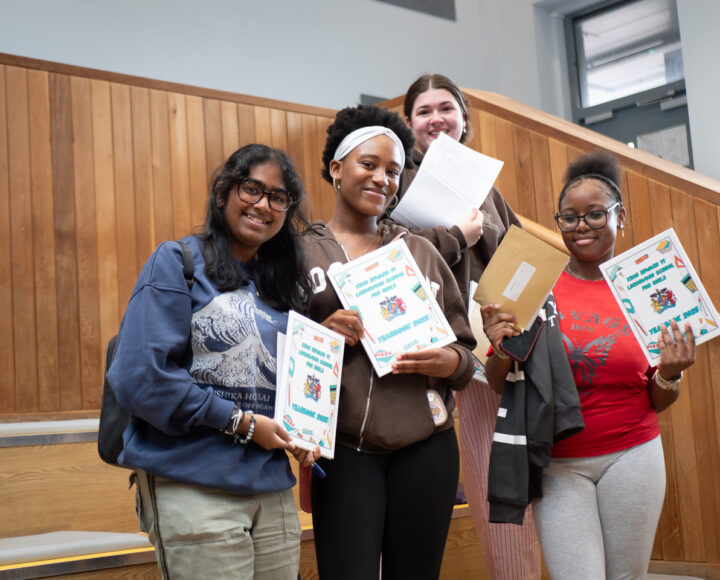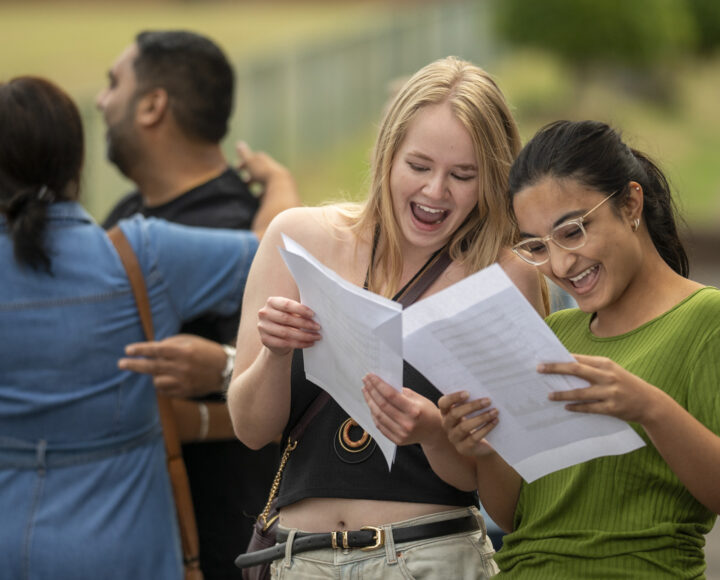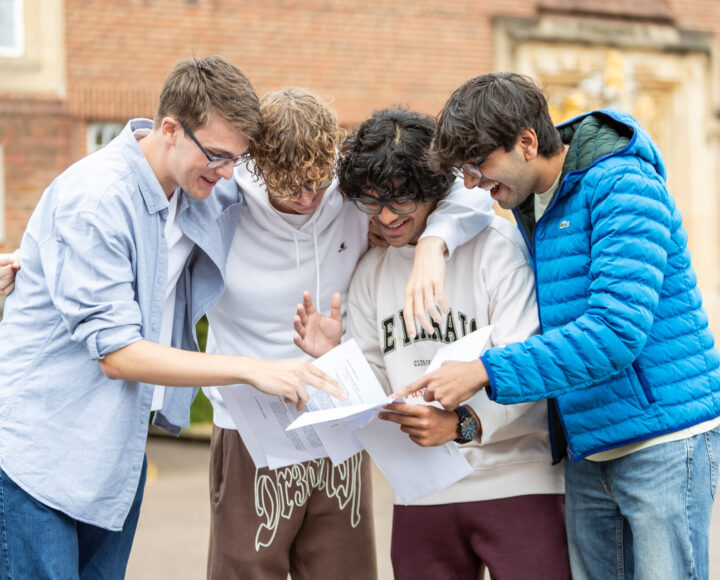Ramadan 2021, began on Tuesday 13th April. For Muslims across the globe, these few weeks are a sacred time for worship; offering opportunity for devotion, reflection and celebration. During this time, all Muslims are required to abstain from food and drink, from dawn to dusk, for either 29 or 30 days. The act of fasting helps Muslims to be compassionate for those in need. It's also seen as a way to learn patience and break bad habits.
Abed Ahmed, Head of Mathematics Faculty at King Edward VI Handsworth Wood Girls' Academy has put together a short piece on how we can support our Muslim students and colleagues who may be fasting:
It is estimated that there are 600,000 Muslim students and 10,000 Muslim Teachers/Support Staff in British secondary schools. Many of them will be observing Ramadan and will be fasting from dawn to sunset. Before we explain how we can support our Muslim students during this sacred month, it is important to know what Ramadan is.
Ramadan is the 9th month of the Islamic lunar calendar and is considered one of the holiest months. Muslims believe Angel Gabriel revealed the first verses of the Quran to Prophet Muhammad (peace be upon him) during this month. It is prescribed for every able and healthy Muslim to fast during this month. Fasting is an act of worship and is 1 of the 5 pillars of Islam. Ramadan is also a month where Muslims improve their relationship with God and strengthen their spiritual health and self-discipline.
Muslims have an early morning meal before dawn (between 4 to 5am) known as Suhoor/Sehri. They then break their fast after sunset called Iftar. Many Muslims will then perform an extra prayer during the night after 9pm. It is important to note that the lunar calendar is 10-12 days shorter than the western calendar. Therefore, Ramadan starts 10-12 days earlier each year.
How can we support Muslim students
who are fasting?
- Offer a safe place for students to rest during break and lunch time. This could be the library or a designated classroom.
- Rearrange high stake exams to be done during the morning as this is when students will be most alert. Tiredness will kick in towards the afternoon.
- Be mindful of fatigue, many students will have been praying late into the night and awake during Dawn. Offer short breaks during lessons, a good stretch, and few minutes to themselves will really help.
- If teaching PE, consider the intensity of your lessons. Possibly consider more individual skill work/smaller games.
- If teaching outdoors, avoid the middle of the day during a warm day. Try doing it indoors instead.
- Avoid negative language like, “How do you do it?”, “I couldn’t do it if I were you”, “Don’t you feel hungry/thirsty?” and “You don’t have to fast”. Instead, be more positive and show an interest. However, if you feel a student’s health is being affected by fasting, speak to your first aider.
- To express well-wishes, you can say “Ramadan Mubarak” (Happy Ramadan).
- Do not question a student if they are not fasting. There are exemptions and it is personal.
- If sunset is during school hours, give students an opportunity to break their fast (this will only apply when Ramadan is in winter months).
You can also consider taking part in Ramadan Deed of the Day with ALL students from different faiths
How can we support our Muslim colleagues
who are fasting?
- Ask your colleagues directly what you can do to support them.
- If possible, offer admin staff/cleaners an opportunity to start work earlier/later than usual.
- Consider the timing and duration of meetings. Meetings in the morning may possibly be better – make them short and concise. If information can be passed on in an email instead, that is even better.
- It is okay to eat in front of Muslims who are fasting, do not make it awkward by apologising or making jokes about it.
- It is not always clear when Eid might be due to the Lunar calendar. Offer your Muslim staff flexibility on when they will take a day off.
To mark the end of Ramadan, Muslims celebrate Eid-ul-Fitr (Festival of breaking fast). This is an auspicious day where families and friends get together and celebrate by exchanging gifts, sweets and food. To express well-wishes to your students, you can say “Eid Mubarak” (pronounced as Eed Mu-bar-ruck which translates to Happy Eid).
If you have any questions, feel free to ask me via email on [email protected] or via twitter: @stammer_teacher




